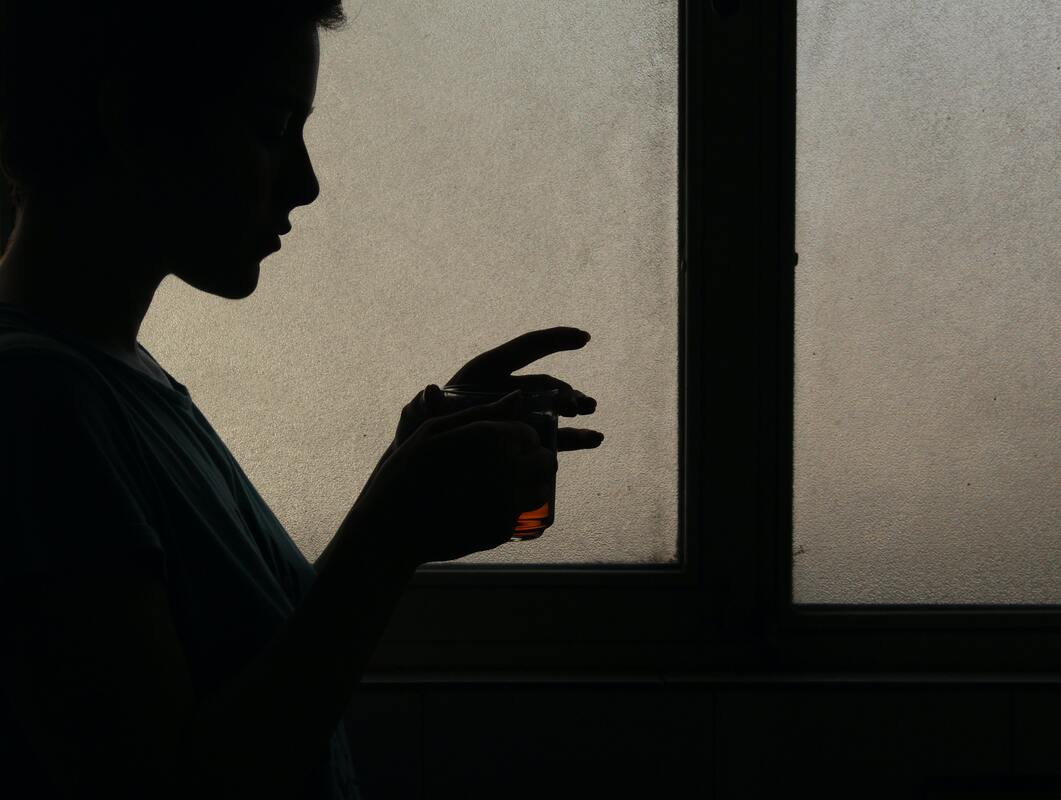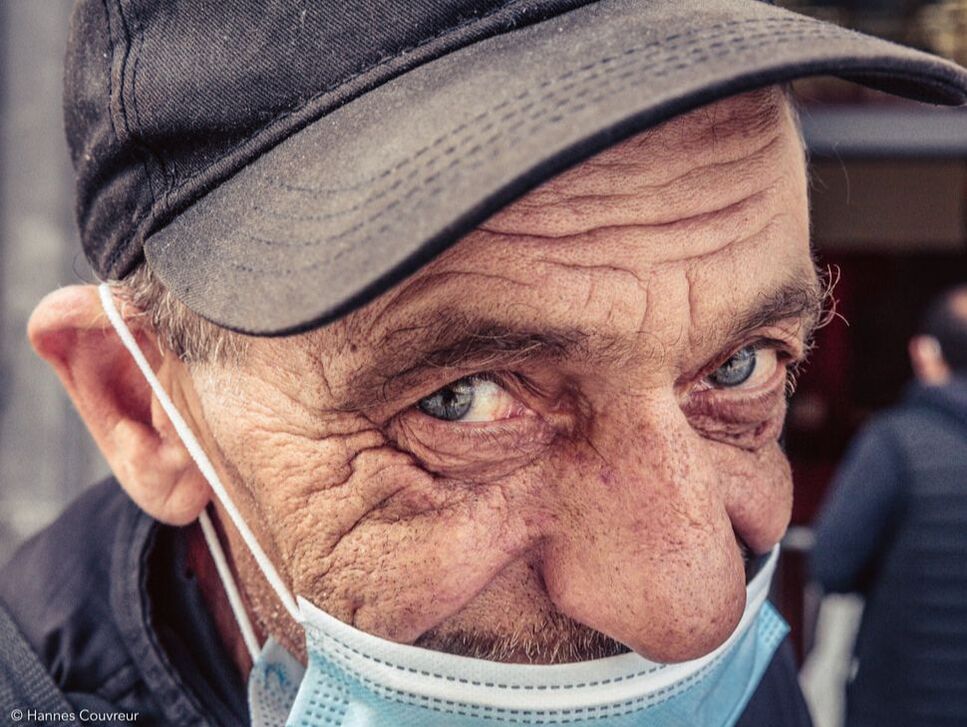COVID-19 shines spotlight on need for strengthened mental health response for asylum seekers28/9/2020
Caitlin Katsiaficas, George Washington University, USA
Many of us have been spending much more time at home, separated from friends and family members, to help curb the spread of the coronavirus pandemic. Movement restrictions and social isolation, along with fear and uncertainty about the future – perhaps coupled with financial stress – can all have important consequences for our mental health. This has led the World Health Organization (WHO) to call for an injection of funding for mental health services as part of the global COVID-19 response and recovery, while among the general public, the topic of mental health and wellbeing has received more attention. But although the pandemic has cast light on these challenges, they are nothing new for many migrants.
0 Comments
Mattias De Backer, Université de Liège, Belgium
This contribution is based on the testimonies of about 25 frontline workers who, despite the dangers associated with the COVID-19 pandemic, have continued to support vulnerable groups including: undocumented migrants, refugees, asylum seekers, young people in special youth care, homeless people, and overall, people in poverty. This research is part of a European, HERA-funded research project on 'The everyday experiences of young refugees and asylum-seekers in public space'.
|
Identities COVID-19 Blog SeriesExplore expert commentaries curated by Identities surrounding COVID-19 and displaced migration, nationhood and citizenship, and more. Blog Categories
All
|
Explore Identities at tandfonline.com/GIDE |
|
The views and opinions expressed on The Identities Blog are solely those of the original blog post authors, and not of the journal, Taylor & Francis Group or the University of Glasgow.


